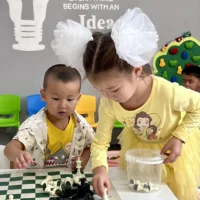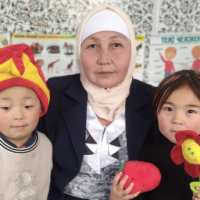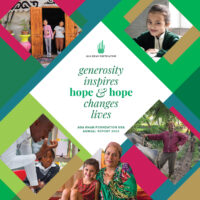Nisso, now aged 49, was born and raised in Khorog of Tajikstan’s Badakhshan region.
She studied chemistry and biology at the Tajik National University in Dushanbe, the capital of Tajikistan before pursuing a Master’s degree at the Bekhtereva Institute of Human Brain in Saint Petersburg, Russia.
Unfortunately, due to the lack of funding, Nisso could not complete her Master’s degree, but that has not deterred her love of learning.
Nisso decided to teach for a short time in Ishkashim district of Badakhshan, so that she could experience life in the place where her parents were raised. She found that the children in villages had less opportunities than what was available in a city.
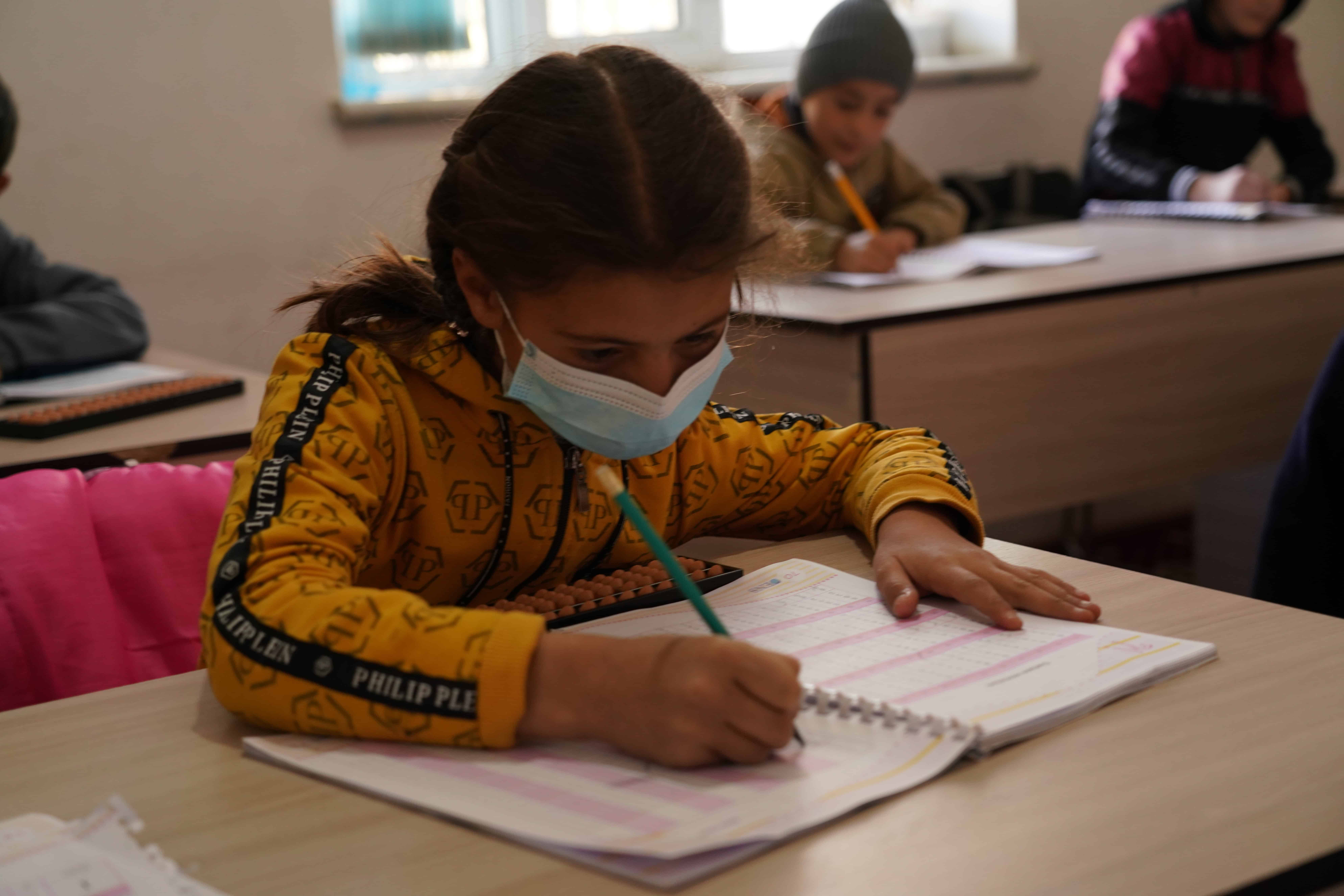
“One of the sad things I noticed there was that most of the teachers in the schools didn’t have a diploma,” Nisso said. “Those who did not graduate from university were the ones teaching the children of the district.”
Nisso then moved back to her hometown of Khorog and dedicated three years to volunteer with the early childhood development pilot project at the Aga Khan Lycee. That experience sparked many ideas, and Nisso realized that she could help meet the educational needs she saw.
In 2015, Nisso opened Donoyak, her own education center in Khorog for children from six years to 12 years old. There, she was able to expand the traditional syllabus to include early childhood development, mental arithmetic, fluent reading, English language, and math games to engage children.
Nisso’s family are equally dedicated to promoting education. Her husband and son are supporting the center’s administration and procurement activities, while her two daughters are studying at the Aga Khan Academy in Mombasa, Kenya, and the Aga Khan Lycée in Khorog, Tajikistan.
Having her family’s support allowed Nisso to dream about further expanding her business by opening another center in Ishkashim. However, she lacked funding to make her dream come true. That’s when she connected with the Thrive Tajikistan project.
Thrive Tajikistan: Partnership for Socio-Economic Development program is a partnership between the Aga Khan Foundation (AKF) and United States Agency for International Development (USAID) to improve the quality of life for people living in the Khatlon and Badakhshan regions.
In 2020, Nisso participated in the events supported by the Thrive Tajikistan project, where she learned about women-run small business development and participated in the Women Cup competition. Out of 30 participants, Niso became one of the two finalists and was awarded 38,000 Somoni ($3,363). This enabled her to open the education center in Ishkashim in December 2020. The center now has around 70 students and employs two teachers in addition to Nisso.
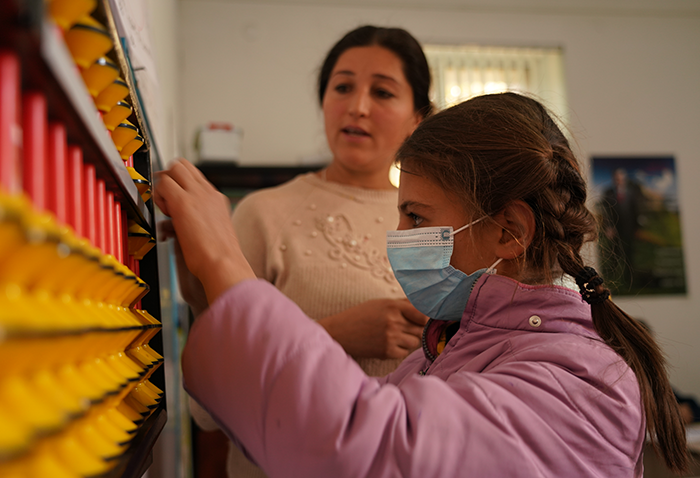
“Once I opened “Donoyak”, I saw how much people needed it and how important it was for them. I now see hope in the eyes of people in the region for the bright future of their kids. Their children, more or less, now have equal opportunities with the city children.”
For Nisso, this is more than just a business. She wants to make a difference in the lives of children of Badakhshan, helping them to develop their minds and see new things. This means giving children an opportunity, despite their financial status. There are 15 students studying at the center for free, and other students from vulnerable families receive a discount that enables them to attend. Beyond the courses, Nisso also takes some students to different competitions, such as the international math competition Math Kangaroo, and to places like the theater so that they can develop their cultural skills.
“Our students have already won during different competitions and demonstrated their high-level skills during those competitions.”
Nisso has big plans for the future. She wants to expand her center to Shugnan, Roshtqala, and Rushan districts. Furthermore, she wants to add new courses at the centers, drawing on her academic background and her interest in how the brain works. During the COVID-19 pandemic, she spent four months at home learning about emotional intelligence, which helps people understand and manage their emotions in positive ways. She now wants to introduce emotional intelligence to the students at the Donoyak centers, making them the only institutions in Tajikistan that will teach this practice to children ages six and up.
z z z
